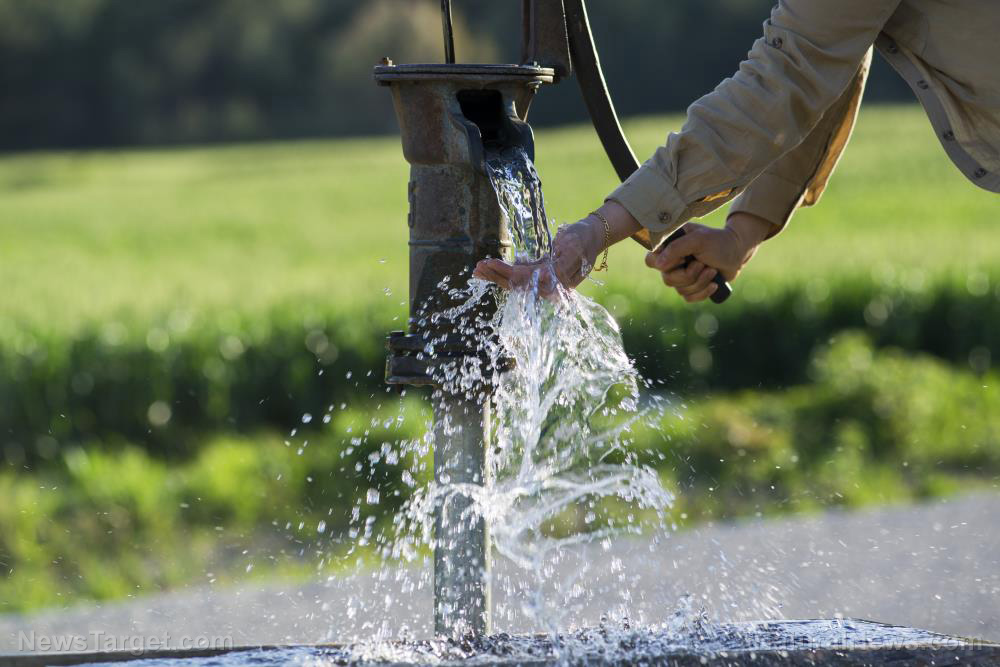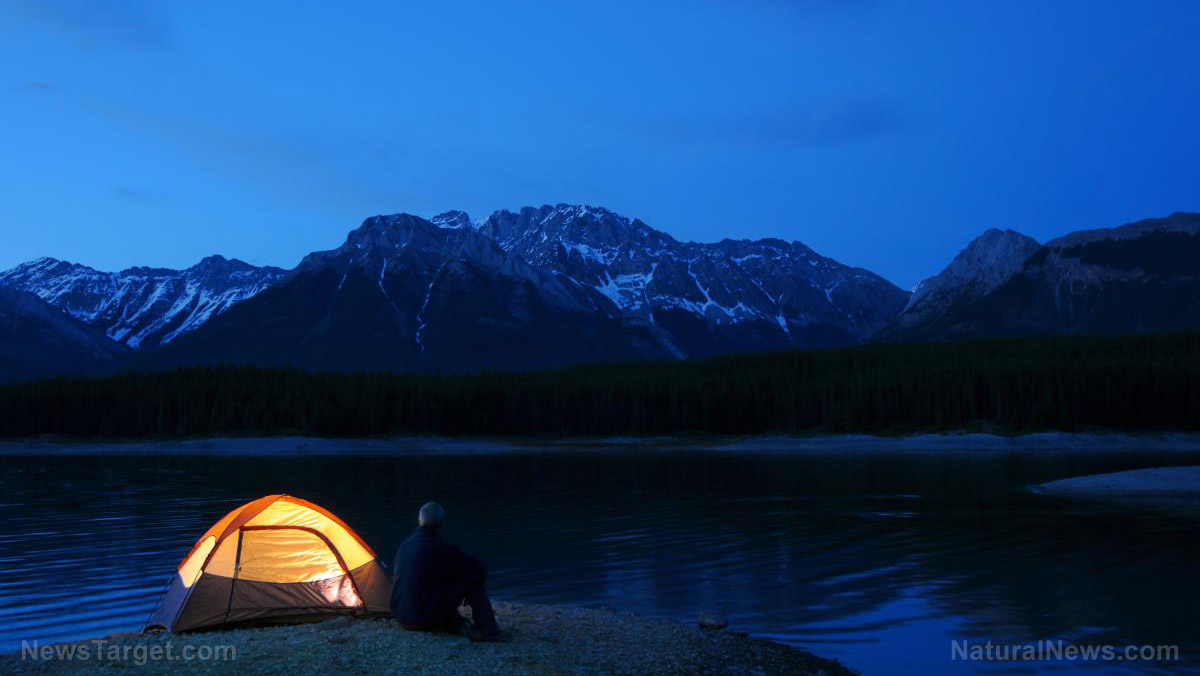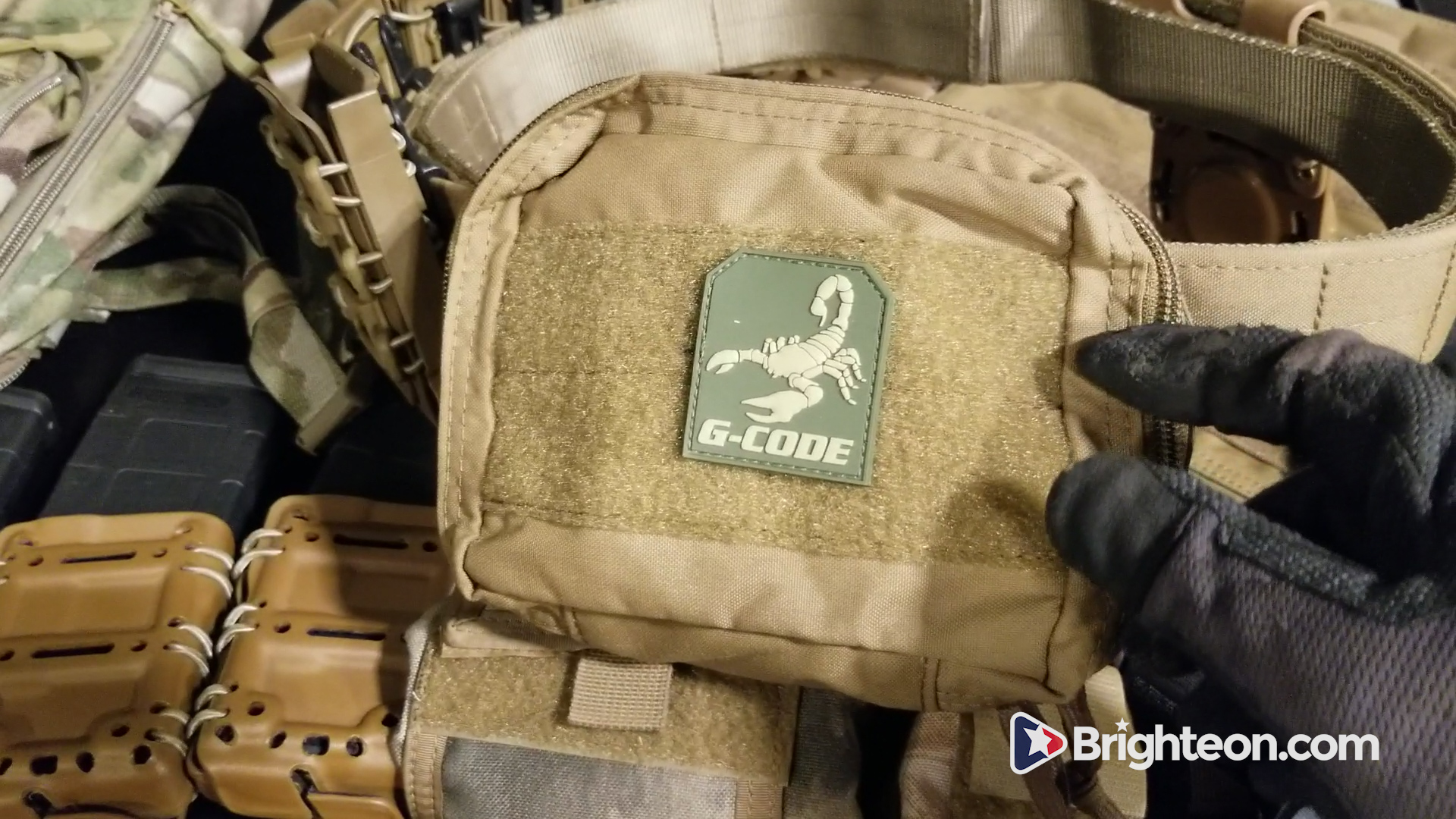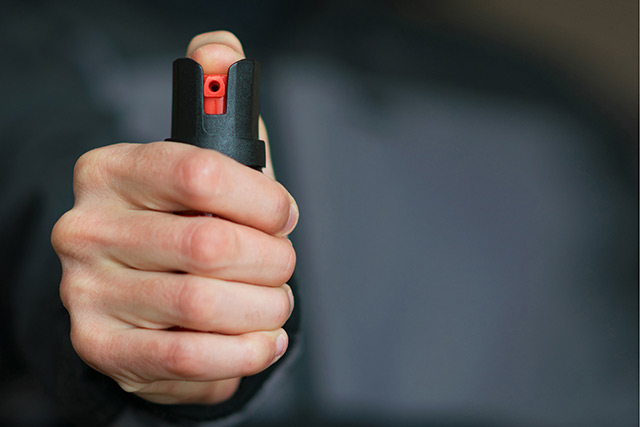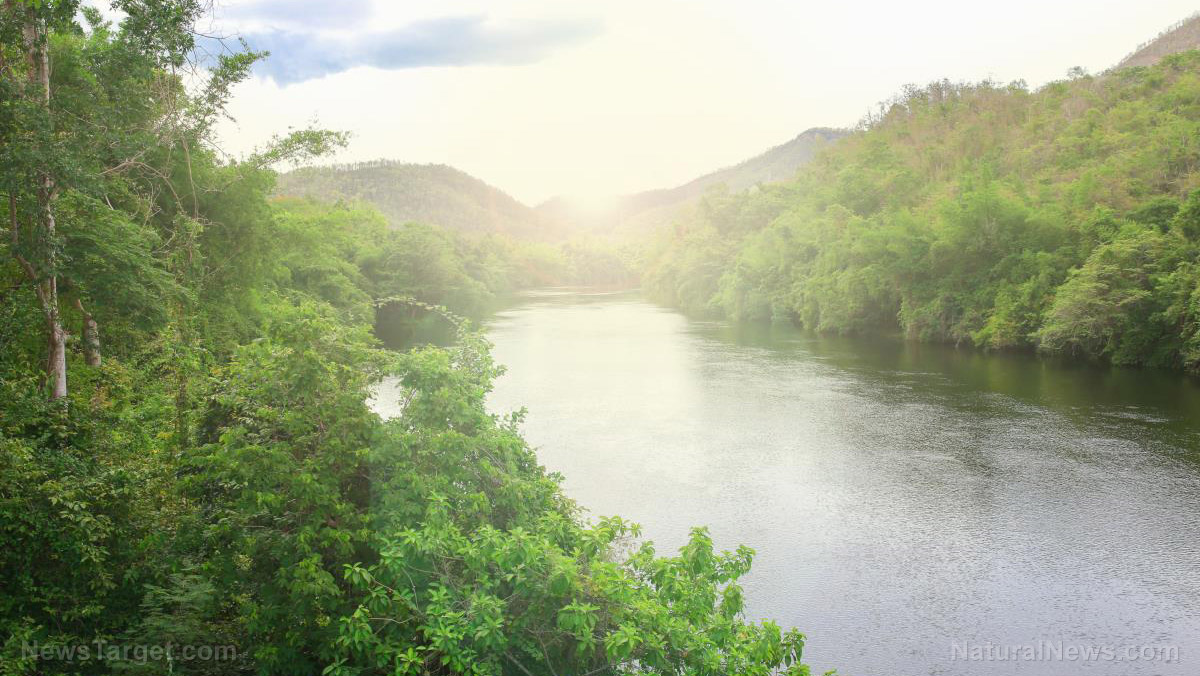The two types of preppers and what each one can teach you about survival
02/15/2019 / By Zoey Sky

To an outsider, the prepping lifestyle may seem paranoid and unnecessary. But if you’re curious about the world of preppers, keep an open mind so you can learn crucial skills from two common types: the homesteaders and the survivalists. (h/t to AYearWithoutTheGroceryStore.com.)
Common homesteader skills and traits
Homesteaders value self-sufficiency and this lifestyle is characterized by familiarity with agriculture, animal husbandry, or food preservation. Homesteading is a lifestyle suited for independent individuals who also want to be more eco-friendly.
Focus on skills and self-sufficiency
Homesteaders are self-sufficient and they hone various skills that will be useful when SHTF. While survivalists rely on their gear, homesteaders survive using their many skills even if they have limited access to the necessary tools. (Related: What are the absolute must-learn skills every prepper should know?)
Some homesteaders live off-grid, and they will survive when civilization collapses because they can grow their own food and they have backup energy. Others will practice self-sufficiency even if they live in urban areas.
Animal husbandry
Homesteaders may keep livestock like cattle, chickens, or pigs. They know how to care for these animals so they have access to commodities like dairy, eggs, meat, or milk.
Composting
Something as simple as compost is crucial when SHTF. Homesteaders often know how to make their own compost because it is a free source of nutrients for their garden, which produces fruits and vegetables that feeds their loved ones.
Sponsored solution from the Health Ranger Store: Lab-verified Nascent Iodine solution is a dietary supplement that provides your body with supplemental iodine to help protect your thyroid during radiation exposure. Nuclear accidents such as Fukushima (or nuclear war) can expose your body to radioactive iodine-131, a dangerous radioisotope. Pre-loading your system with stable iodine occupies the iodine receptor sites on your organs, causing your body to naturally expel radioactive iodine you may have been exposed to through air, food, water or milk products. This defensive strategy is recommended by nearly all health authorities, worldwide, including the Nuclear Regulatory Commission. Discover more at this link.
Aside from making garden soil nutrient-rich, homesteaders practice composting because it minimizes food waste. Compost is also a natural alternative to store-bought fertilizers with harmful chemicals.
Gardening and food preservation
Homesteaders know how to tend their own survival gardens. They often complement their gardening skills with their knowledge of food preservation methods like canning or pickling.
By keeping a garden and preserving their own food, homesteaders have access to produce even when it’s out of season.
Common survivalist skills and traits
In a post-SHTF world, a survivalist can help you stay alive. The skills and traits included in the list below won’t apply to all survivalists, but they should give you an idea of what most of them are like.
Focus on adaptability
Adaptability is crucial for survivalists. Before SHTF, they’ll plan ahead for different disaster scenarios. Survivalists are also good at thinking on their feet so they can accomplish their goals.
Blending in
Survivalists prioritize self-defense, and one way to do this is by blending in. You can tell someone isn’t really a survivalist if they make no effort to hide their survival gear or if they keep talking about how much extra food they have stored in their shed.
A good sense of direction
Survivalists make an effort to familiarize themselves with their surroundings. They also know how to enter and exit an area stealthily.
Hunting and fishing
Survivalists who own firearms usually know how to hunt and field dress an animal. They will also know how to hunt and minimize damage to the meat of an animal.
Survivalists also know how to fish, clean, and cook their catch.
Marksmanship and gun safety
Survivalists are usually knowledgeable when it comes to guns. You may own a gun, but a survivalist will probably know how to clean guns and do routine maintenance on their firearm.
Most survivalists are also very good at using their weapon of choice.
Tracking
Survivalists do their research on animal habits around certain types of water and vegetation so they can have an easier time when tracking prey or even other humans.
These two seemingly different lifestyles complement each other. Sometimes, they may even overlap.
Learn and practice skills and traits from both homesteaders and survivalists so you can survive if and when SHTF.
Sources include:
Tagged Under: adaptability, Collapse, disaster, emergency preparedness, fishing, Homestead, homesteaders, homesteading, hunting, marksmanship, off grid, preparedness, preparedness and survival, prepper, Preppers, prepping, prepping tips, self sufficiency, self-reliance, self-sustainability, SHTF, survival, survival skills, Survival Tips, survivalist, survivalists, tracking
RECENT NEWS & ARTICLES
COPYRIGHT © 2017 COLLAPSE.NEWS
All content posted on this site is protected under Free Speech. Collapse.news is not responsible for content written by contributing authors. The information on this site is provided for educational and entertainment purposes only. It is not intended as a substitute for professional advice of any kind. Collapse.news assumes no responsibility for the use or misuse of this material. All trademarks, registered trademarks and service marks mentioned on this site are the property of their respective owners.






